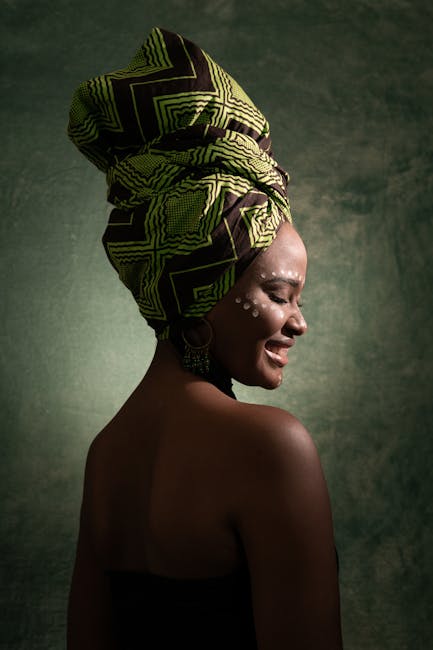https://www.youtube.com/embed/_gMAMw6vR3c
ERICA DUNBAR: You can't tell the story of the Gilded Age without thinking about, or examining, the Black elite. DENÉE BENTON: I did not know about the Black elite. I think that it speaks more to the erasure that happens in our history books. JOHN THOMPSON: How they survived, how they sustained, and how they became successful, it's quite a story. ♪ (UPBEAT MUSIC PLAYS) ♪ JULIAN FELLOWES: There was a much larger African-American middle class after the Civil War than there would be later, in the '20s and '30s in the Depression. It rather shrank. But at that time, they lived mainly in Brooklyn. DUNBAR: We have this generation of men and women who are born without enslavement as a reality.
And so as this new sort of generation of men and women come of age, communities of the Black elite develop. It was a moment of opportunity. SALLI RICHARDSON-WHITFIELD: There was this thriving community, where Black people, Black families, were accumulating wealth. They were starting their own businesses. SULLIVAN JONES: There were newspapers, there were politicians, there were lawyers, there were scientists. People were like, "We're going full-throttle into assuming our rights and our freedoms." It wasn't like this kind of like "Let's wait and see what happens" kind of mentality. In many ways, the Scotts help us understand a more complete and nuanced, complex idea of what the Gilded Age really was. With Arthur Scott, he's in the pharmacy business, which was an area that African Americans were particularly active in and successful. We must be pretty bad for you to choose to work two jobs and live like a servant, when you can stay in your own home and work in the drug store with me.
-Father, it's what I want to do. -Let's not-- I own the pharmacy, which I planned to pass down to you. His background was quite complex in that he was a slave who's freed in Emancipation. Made his way up North, became a pharmacist. A strong member of the Black elite. DUNBAR: When we think about a Peggy, a young woman who is educated, she is representative of this new generation of Black men and women who wrestle with ideas about injustice. Who don't accept those ideas as unchangeable.
Have you ever thought about writing anything political, Ms. Scott? I have. Don't ask her if she's a Republican. Well why should I align myself with either party when I don't have the right to vote? She runs into every kind of obstacle that you would face as someone who has the audacity to dream of being a writer as a Black woman in that time. It'd be like, "Well, this is the life I want to live." Peggy belongs in Brooklyn. It's nice she has her job, but she will only live a half life here. She likes the work. But there is more to life than work. And Peggy cannot live your life. RICHARDSON-WHITFIELD: The Black world and the White world really rarely bumped up against each other.

And then when it did, you had to be subservient. I wrote a scene where Peggy was in the park meeting her father, and a white couple came upon them, and just assumed that Peggy and her father would part, so that they could just walk through them. 'Cause the white couple wasn't going to move to the side, they weren't going to give way. And that's something that I experience even today. CYNTHIA NIXON: With the servants in the house, there is a great range of reaction. And certainly prejudice and fear and anger, and a desire to not have her in the house, a suspicion that she's coming after their job. I don't want trouble in the house. And while she may not want to cause it, she may be the cause of it. I repeat, it is not for us to have an opinion. Certainly not that one. That's all very well for you to say. But they're coming up here now to take our jobs.
She's not taking anyone's job. I think it's vital to have the Scott family in this series, not just to move forward the narrative, but because it's true. These lives and these worlds existed. And that's why it resonates with people. Working with Erica, working with Denée and Sonia and Julian and Salli, we went over those stories again and again, and really, we dug into the history of it. That's, to me, probably the best place to start. THOMPSON: I think it's quite inspiring. And a wonderful way of understanding our collective history.
And not leaving African Americans out of that history. And I think it's a beautiful thing for people to know. DUNBAR: If we don't show the story... of Black triumph, of Black joy, alongside trials, tribulation, violence even, then we don't have a complete picture. It's a reminder that, when we think about the nation's history, there's more than one story that needs to be told. ♪ (INTENSE OUTRO PLAYS) ♪.
https://howtoplaythedjembedrums.com/the-gilded-age-the-black-elite-hbo/

No comments:
Post a Comment